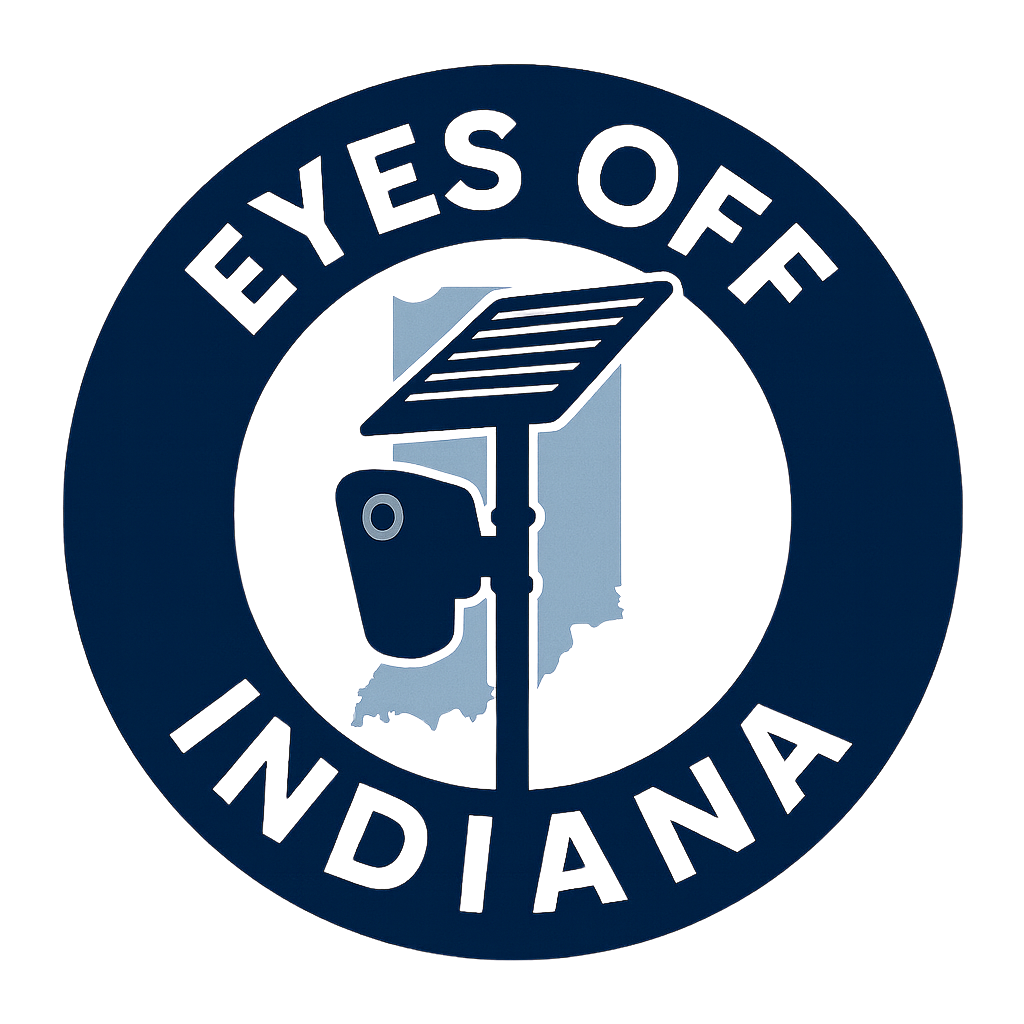What Are Automatic License Plate Readers?
Automatic License Plate Readers (ALPRs), sometimes called LPR or ANPR, are camera systems that scan license plates and turn what they see into searchable data. When a vehicle passes an ALPR camera, the system typically saves (1) the plate number it read, (2) an image of the vehicle, and (3) where and when the scan happened. Over time, those scans can form a detailed record of vehicle movements.
ALPRs are now common on busy roads, intersections, and entrances to neighborhoods or business districts. Some are fixed cameras mounted on poles, and others are mobile systems attached to patrol cars.
Understanding ALPR Technology
At a high level, an ALPR works like this:
- Capture: A camera takes a photo of passing vehicles, often using infrared lighting so plates can be read day or night.
- Read: Software uses OCR (optical character recognition) to convert the plate image into text.
- Record: The system stores the “scan” with a timestamp and a location (and usually the associated images).
- Search and alert: Authorized users can search past scans, or set up alerts when certain plates appear.
ALPRs are designed to work in real-world conditions, including glare, weather, different plate designs across states, and vehicles moving at speed. Like any automated system, they can make mistakes, for example misreading a character or capturing a blurry image.
Key Terms You May Hear
- OCR (optical character recognition): The method used to turn an image of a plate into letters and numbers.
- Hit / alert: A notification that a scanned plate matched a list of interest.
- Hotlist: A list of plates that should trigger an alert, such as a reported stolen vehicle.
- Retention: How long scan data is kept before it is deleted.
- Audit trail: A log that records who searched the system, when, and what they searched for.
What Data ALPRs Collect
Most ALPR systems collect more than just the plate number. A typical scan can include:
- The license plate text (what the system thinks it read),
- Photos of the vehicle and plate,
- Date and time of the scan,
- The camera’s location (and sometimes travel direction), and
- Vehicle descriptors such as make, model, body type, and color (sometimes called vehicle attributes or “vehicle fingerprint” style data).
This matters because even if a plate scan seems minor on its own, large numbers of scans can reveal patterns: commutes, visits to medical offices, places of worship, political events, or where someone parks overnight.
How ALPR Data Is Used
ALPRs can support legitimate public-safety work, especially when narrowly focused on serious, specific investigations. Common uses include:
- Real-time alerts: Officers can be notified if a plate matches a hotlist, such as a stolen vehicle or a missing-person case.
- After-the-fact investigations: Detectives can search prior scans to identify when a vehicle was near a location and at what time.
- Searching when the plate is unknown: If investigators only know “a white SUV” or “a red pickup,” some systems allow searches by vehicle attributes to narrow leads.
In many agencies, alerts can be connected to common law-enforcement databases and internal lists. The benefit is speed. The risk is that the same tools can be used broadly, creating location histories for people who are not suspected of wrongdoing.
Why Retention Matters
Retention is the difference between a short-term investigative tool and a long-term tracking database.
If ALPR data is kept briefly, it can help with immediate leads while reducing the risk of building permanent records of innocent drivers’ movements. If ALPR data is kept for months or years, it can be searched later for reasons that have nothing to do with why it was collected in the first place.
Even a “30-day” policy can still involve a large amount of data. In a busy area, a single camera can capture a high volume of scans every day. Across many cameras, that adds up quickly.
Data Sharing and Network Effects
ALPRs become more powerful when data is shared across multiple agencies or jurisdictions. Depending on the vendor and local policies, an agency may be able to:
- Share scan data with nearby departments,
- Request searches from partner agencies in other parts of the state, and in some cases
- Participate in larger networks where many contributors share access under agreed rules.
In some communities, cameras purchased by private entities (like neighborhoods or businesses) may also be shared with local law enforcement. That can expand coverage beyond what a police department alone could deploy, and it raises important questions about oversight, transparency, and limits.
The Legal Gap in Indiana
Indiana still lacks clear, statewide rules that apply across all agencies for how ALPR data should be collected, retained, accessed, and shared. As a result, policies can vary widely by department, and the public often has limited visibility into how these systems operate in practice.
Eyes Off Indiana’s Position
Eyes Off Indiana supports implementing statewide safeguards that include:
- Short retention periods for non-relevant vehicle data,
- Probable-cause standards for historical searches,
- Clear access controls and cybersecurity requirements,
- Public reporting and independent audits,
- A prohibition on commercial or third-party sharing.
These measures protect both safety and civil liberties by limiting unnecessary long-term tracking and reducing the risk of misuse.
Take Action
Help establish statewide privacy protections for ALPR systems in Indiana:

